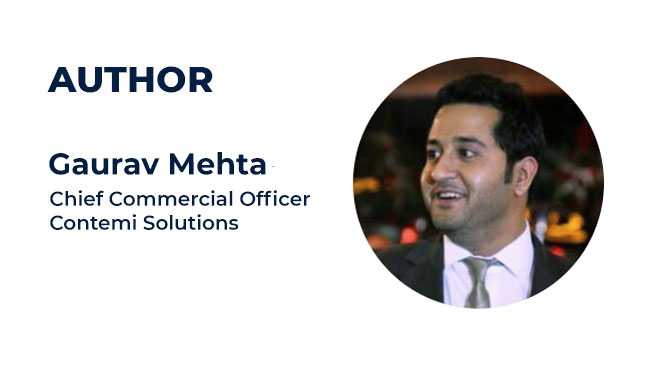Model B Wealth Management: A Rising Trend in the UK

Model B clearing is an old arrangement that allows executing brokers to give up trades on the London Stock Exchange to a clearing member for settlement. This way, the executing brokers can outsource counterparty risk and focus on their core competencies. However, Model B clearing has evolved over time to offer more than just risk management. It has become a comprehensive service that can help wealth managers navigate the changing future of the industry.
The wealth management sector is facing many challenges and opportunities in the wake of regulatory, technological, and economic changes. Customers are demanding more transparency, personalisation, and sustainability in their investments. Competition is intensifying from new entrants such as fintech, online retail, and social media companies. Regulatory scrutiny is increasing to ensure market efficiency, cyber security, data protection, and enterprise resilience. Technology is revolutionising the sector, enabling greater customer-centricity and reduced operational costs.
Some of the main challenges that UK wealth managers have to overcome are:
- Commoditisation: The rise of low-cost, passive investing and robo-advice has eroded the value proposition of traditional active managers and advisers. Wealth managers have to demonstrate their ability to deliver superior returns, service, and advice to justify their fees and retain their clients.
- Fee compression: The pressure from regulators and customers to lower fees and increase transparency has squeezed the margins of wealth managers. Wealth managers have to find ways to reduce their costs, diversify their revenue streams, and enhance their value proposition.
- Competition: The wealth management market is becoming more crowded and fragmented, with new players such as fintech, online retail, and social media companies entering the space. These disruptors offer speed, convenience, personalisation, and low-cost investment advice to customers. Wealth managers have to differentiate themselves by leveraging their brand, expertise, trust, and relationships.
The value proposition of traditional active managers and advisers is based on the premise that they can outperform the market by using their skills, knowledge, experience, and research to select the best investments for their clients. They claim that they can add value by exploiting market inefficiencies, identifying mispriced securities, timing the market cycles, and providing tailored advice that suits the clients' goals and risk profiles. They also argue that they can provide better service, communication, education, and guidance to their clients than passive or robo-advisers.
How can wealth managers differentiate themselves from new entrants? Some possible ways are:
- Embracing technology: Wealth managers can use technology to enhance their efficiency, scalability, and customer experience. They can leverage digital platforms, artificial intelligence, data analytics, and blockchain to offer more personalised, transparent, and convenient services to their clients. They can also use technology to automate repetitive tasks, reduce errors, and lower costs.
- Focusing on niche segments: Wealth managers can target specific customer segments that have unique needs and preferences that are not well served by generic or mass-market solutions. They can specialise in areas such as ESG investing, family office services, philanthropy advice, or complex tax planning. They can also cater to underserved segments such as women, millennials, or ethnic minorities.
- Building trust and loyalty: Wealth managers can foster long-term relationships with their clients by providing consistent value, quality service, and proactive advice. They can also demonstrate their trustworthiness by adhering to high ethical standards, protecting client data, and acting in the best interest of their clients. They can also engage with their clients through various channels such as social media, podcasts, webinars, or events.
In this context, Model B clearing can provide wealth managers with a competitive edge by allowing them to leverage the infrastructure and expertise of their clearers. Model B clearers can offer a range of services, such as accounting, tax preparation, regulatory reporting, portfolio management, and digital platforms. By outsourcing these functions to a single provider, wealth managers can reduce the number of third parties, streamline costs, and focus on their core value proposition: providing personalised investment advice and building close relationships with their clients.
Model B clearing is not a new concept, but it has gained popularity in recent years as wealth managers seek to adapt to the changing environment. According to Lek Securities UK Limited, a leading Model B clearer, there has been an increase in demand for its services from firms looking to outsource much of the administrative load. Lek Securities UK Limited claims that Model B clearing can help wealth managers "get back to doing what they do best, managing wealth".
The UK is a key market for Model B clearing, as it has a large and diverse wealth management sector that serves a wide range of customers. The UK also has a well-established regulatory framework that supports innovation and competition in the industry. Model B clearing is expected to continue to grow in the UK as wealth managers seek to differentiate themselves and meet the evolving needs of their customers.
